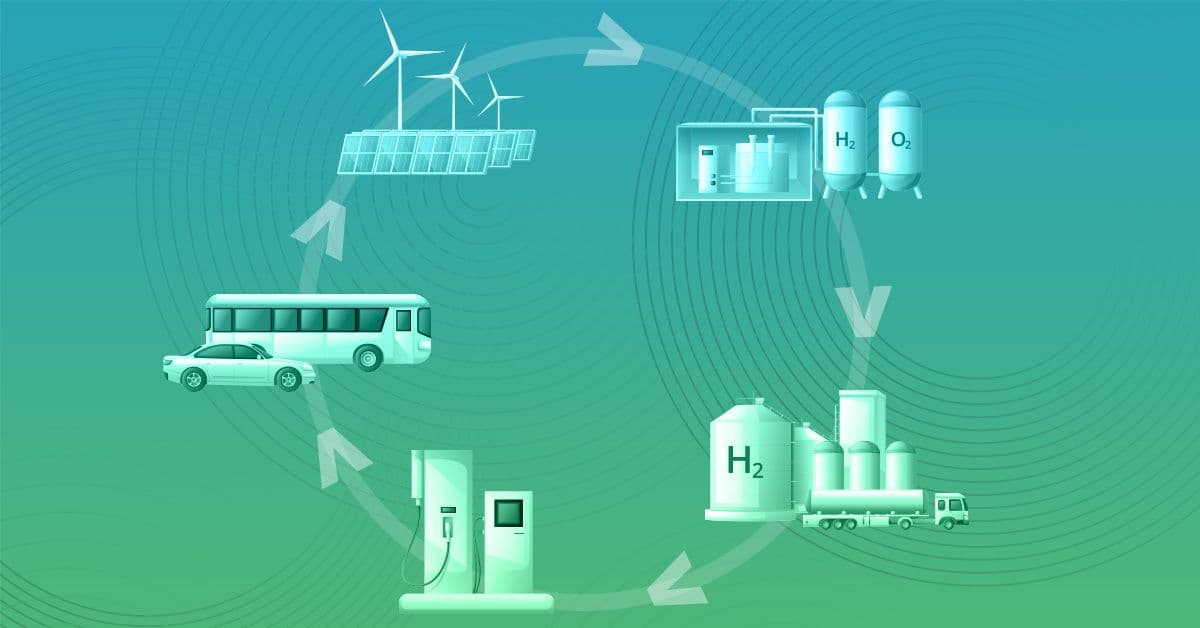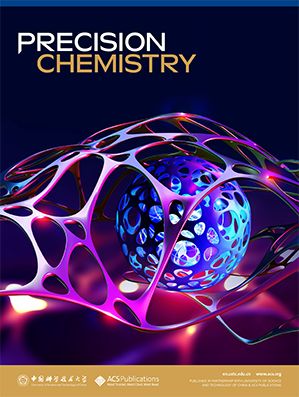This Special Issue will showcase the articles exploring the recent development and application of precision chemistry for the hydrogen cycle. Submit your manuscript by September 30, 2024.

As the most abundant element in the universe, hydrogen holds significant promise for addressing global energy challenges and enabling carbon neutral economy. Hydrogen may be used as an energy carrier for storing intermittent renewable energy or a chemical feedstock for chemical industry. An efficient hydrogen cycle—including hydrogen production, storage, transport, and utilization—is central for achieving this goal.
Hydrogen is mainly produced by steam methane reforming (grey hydrogen), which carries a high carbon footprint. Green hydrogen production from photocatalytic or electrocatalytic water splitting coupled with renewable energy sources, or from biomass through chemical or biocatalytic processes, is critical for achieving a sustainable hydrogen cycle for carbon-neutral economy. Furthermore, controllable hydrogenation and dehydrogenation reactions may play an essential role in hydrogen storage, transport, and utilization.
Hydrogen can be widely used for transportation fuels (e.g., hydrogen fuel cells), oil refinement, chemical production (e.g., ammonia production), and steel manufacturing. Despite considerable progress in hydrogen research over the past two decades, there are many technical hurdles to overcome to ensure energy-efficient and atom-efficient hydrogen production, storage, and utilization.
The development and application of precision hydrogen chemistry is expected to play a critical role in the hydrogen cycle and enable a hydrogen-based energy and chemical infrastructure.
This Special Issue, to be published in Precision Chemistry, will feature commissioned articles from the pioneers, leaders and rising stars of the field as well as contributed articles on relevant topics. In particular, we aim to highlight recent developments and applications of precision chemistry for the hydrogen cycle, including:
- Electrocatalysts for efficient hydrogen evolution and oxidation reaction (HER/HOR) that are central to renewable hydrogen generation and utilization
- Photocatalytic hydrogen production catalysts that efficiently use solar energy to overcome the reaction barrier
- Hydrogenation and dehydrogenation strategies that are critical for hydrogen storage and utilization for chemical industry
- Anodic electrocatalysts that can effectively reduce the required electricity and overall cost for hydrogen production
- Precise synthesis of new materials or nanostructures with high capacity for hydrogen storage
- Advanced characterization methodologies that are essential for probing the reaction intermediates, reaction kinetics, and local environment at the catalyst surface and interface
- Computational and theoretical description of materials properties and reaction mechanisms with high accuracy
Organizing Editors
Prof. Xiangfeng Duan, Executive Editor, Precision Chemistry
University of California, Los Angeles
Prof. Yu Huang, Guest Editor
University of California, Los Angeles
Submission Instructions
Papers accepted for inclusion in this Special Issue will be highlighted as a significant contribution to this expanding field. If accepted, publications will go online as soon as possible with a DOI. Publications on this topic will be assembled into a Special Issue in 2024 and widely promoted.
Submissions are welcome through September 30, 2024. All articles will be peer reviewed prior to acceptance to ensure they fit the scope of the Special Issue and meet the high scientific publishing standards of Precision Chemistry. The peer review process for all papers will be managed by Executive Editor Prof. Xiangfeng Duan to ensure rigor is maintained.
Precision Chemistry is an open access journal. The Article Publishing Charges are waived for this Special Issue.
How to Submit
- Log in to the ACS Paragon Plus submission site.
- Choose Precision Chemistry as your journal.
- Select your manuscript type.
- Under the ‘Special Issue Selection’ menu, choose ‘Precision Chemistry for the Hydrogen Cycle.'
Please see our Author Guidelines for more information on submission requirements. The deadline for submissions is September 30, 2024.
